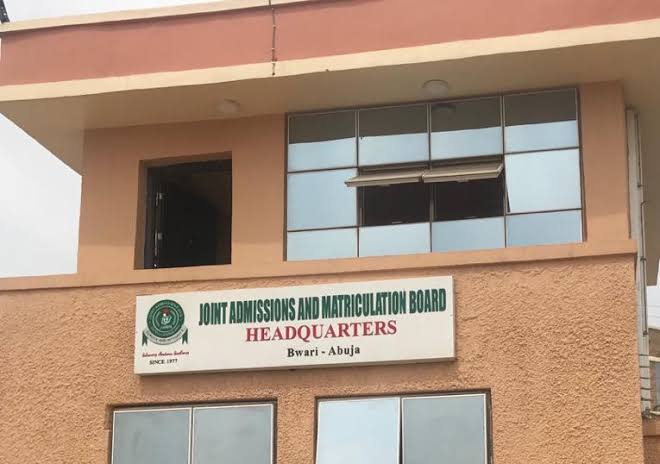Lawmaker Asks JAMB to Raise Cut-off Mark for Admission

Dr. Akon Eyakenyi, the Deputy Chairman of the Senate Committee on Basic and Secondary Education, has requested that the Joint Admissions and Matriculation Board (JAMB) raise the cut-off mark that students must achieve in order to be admitted to universities.
The senator stated that in order to address the country’s declining educational standards, the curriculum and teacher quality should be upgraded as well.
She made the remark during a monitoring exercise of the Universal Basic Education Commission’s (UBEC) 2022 National Personnel Audit in Abuja, adding the educational sector “needs additional financing.”
“We have requested that in the chambers,” she said.
If we fail at this level, the country will suffer problems. Candidates who did not make it into universities or polytechnics would be referred to colleges of education based on the JAMB-approved cut-off marks.
“This should not be the case. In the teaching profession, only the best are required. We have maintained that education should not be entrusted only to the government, even if it is the government’s responsibility to ensure that public schools are adequately maintained.”
She believes that parents and rich Nigerians should work with the government to raise the country’s education standards.
Eyakenyi, who also expressed concern about the growing number of out-of-school children, stated that children would not attend school due to instability in the federation.
“Parents do not want to return their children to school again, hence the number of out-of-school children has increased,” she added.
She did, however, point out that the purpose of the audit is to assist planners in gathering information and appropriate data on Nigerian schools, and the record would assist them in knowing how to advise the government, particularly the national assembly.
“Aside from that, this exercise will assist officers in determining the number of teachers that each school has, and whether or not it corresponds to the number of children.” The quality of the teachers is also very crucial, and most importantly, those teachers must be registered with TRCN.
“As a result, this experiment includes both private and public schools.” “We’re focusing on primary and junior secondary,” the senators added.
On a similar note...
- TETFund suspends foreign scholarship
- Kogi State Approves Student Bursaries
- Tertiary Admission Age in Nigeria
- FG Removes Age Limit for Admission in Nigeria
- Lagos BECE resit registration
- Caleb University Staff School Admission Form
- Reps Approve New Entrepreneurship University in Lagos
- DSUST to Establish College of Medical Sciences